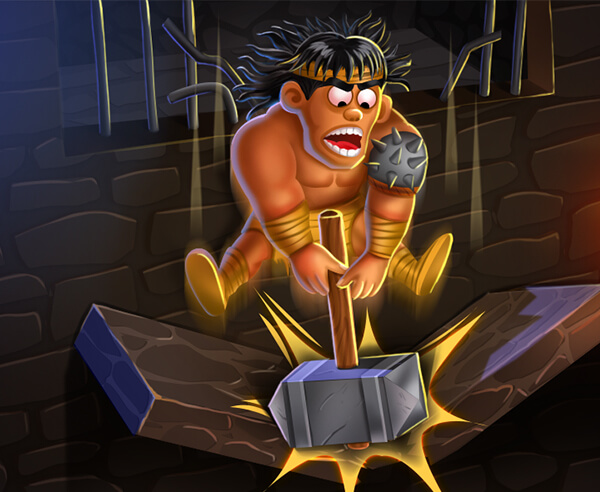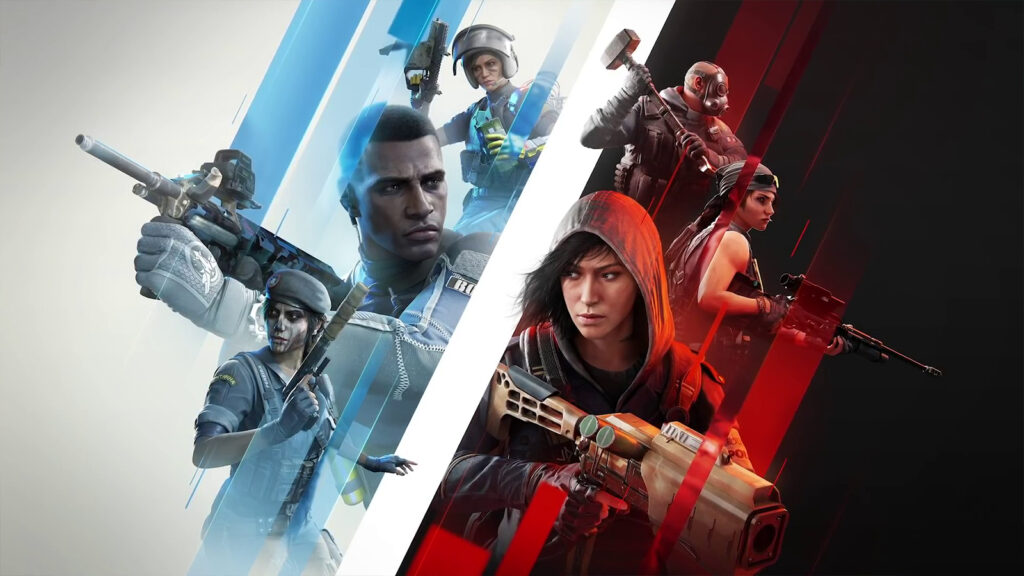Are you an aspiring game developer hoping to take your online games to the next level? Look no further! This blog post will tackle some of the most crucial aspects of online game development, from concept creation to player engagement. Whether you’re working on your first project or looking to grow your development skills, these tips will help you master the art of crafting captivating and immersive online games.
Table of Contents

Choosing the Right Genre
One of the most critical steps in online game development is selecting the appropriate genre for your game. Different genres attract various players, so it’s essential to understand your target audience and the types of games they prefer. Some popular online game genres include first-person shooters, strategy games, MMOs, and social casino games. Analyzing trends, player preferences, and the success of similar games in the online space can help you make an informed decision.
Engaging Gameplay and Progression
Online games thrive on engagement, and ensuring your game provides a consistently engaging experience is essential. Intuitive controls, balanced gameplay mechanics, and achievable milestones that encourage progression are critical factors. Consider implementing features such as leaderboards, achievements, and regular challenges to keep players coming back for more. Social elements, such as chat or multiplayer capabilities, can also strengthen engagement and build a sense of community around your game.
Stunning Visual Appeal
Visual aesthetics can significantly impact the overall player experience. Online games benefit from detailed artwork, immersive environments, and captivating animations. However, it’s crucial to maintain a balance between visual appeal and performance. Optimize your game’s graphics to ensure smooth gameplay and load times, especially in real-time and multiplayer scenarios. Employing scalable assets and optimizing resource usage will result in a visually appealing and smoothly running online game.
Seamless Network Handling
Online games are inherently vulnerable to network issues, so ensuring stable connectivity is essential for a seamless player experience. Implement robust networking protocols and error-handling mechanisms to minimize downtime and provide immediate feedback to players when issues arise. Consider strategies for handling varying network speeds and providing offline capabilities where applicable to prevent interruptions in gameplay.
Nurturing a Thriving Community
The multiplayer aspect of online games opens the door to developing a vibrant community of players. Encourage communication and social interaction through integrated chat or forum features. Host regular events, tournaments, and updates to keep players engaged and coming back to connect with friends and fellow gamers. Listening to player feedback, addressing concerns promptly, and incorporating community-driven content ideas will help foster a sense of ownership and loyalty among your player base.
Security and Data Protection
With online games comes the responsibility of protecting player data and safeguarding against potential security threats. Implement robust security measures, including secure data storage and transmission protocols, to protect player information. Regularly update your game to mitigate security vulnerabilities and encrypt all communication channels to ensure players feel safe and secure while engaging in your game’s online components.
Balancing Monetization
Monetization is an essential aspect of online game development, but striking a balance between monetization and player satisfaction is key. Irritating or overly aggressive advertising or microtransaction strategies can backfire and turn players away. Offer in-game purchases or ads that enhance the overall experience without feeling overly intrusive or detrimental to the gameplay. Consider offering optional purchases or rewards that enhance the gameplay experience without giving advantage, and be transparent about any microtransactions to maintain trust with your player base.
Consistency and Updates
Online game development is an ongoing process, and maintaining and engaging your player base requires consistency in content updates and community interaction. Develop a content roadmap that includes new features, storylines, or gameplay elements to keep players engaged and give them something to look forward to. Consistent communication through various channels, including social media and direct player engagement, will help you foster a thriving and dedicated community.
Conclusion
Online game development presents unique opportunities and challenges compared to offline games. From genre selection to community building and seamless networking, each step is crucial in crafting an unforgettable online gaming experience. By focusing on engaging gameplay, stunning visuals, and a thriving player community, you can rise above the competition and create a successful online game. Remember, the journey doesn’t end with a game’s release; regular updates and proactive community involvement are essential to foster long-term player loyalty.
Game development involves many intricacies, and this article has only scratched the surface. For more detailed and advanced information, be sure to check out our other in-depth articles on specific game development aspects, such as [AI integration in gaming] , game engine selection, and [cloud-based gaming].
Remember, online game development is a dynamic field, so stay tuned for upcoming articles exploring other cutting-edge developments to enhance your gaming projects.
Game on!


